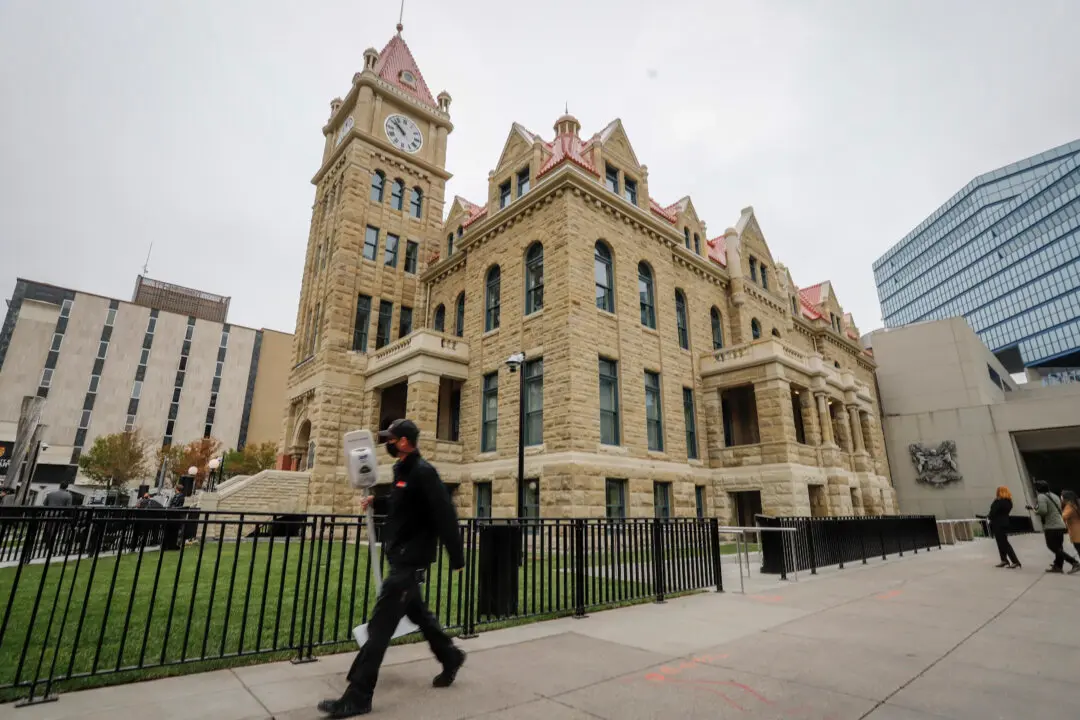A new commentary on Canada’s support system for low-income households says many of the programs perpetuate dependency and don’t help people do what is needed to get out of poverty.
Authored by Christopher A. Sarlo, a professor of economics from Nipissing University for the Fraser Institute, Helping the Poor — A Critical Analysis of Poverty Policy in Canada is part three in a series by the non-partisan research organization that examines the state of poverty in the country.





